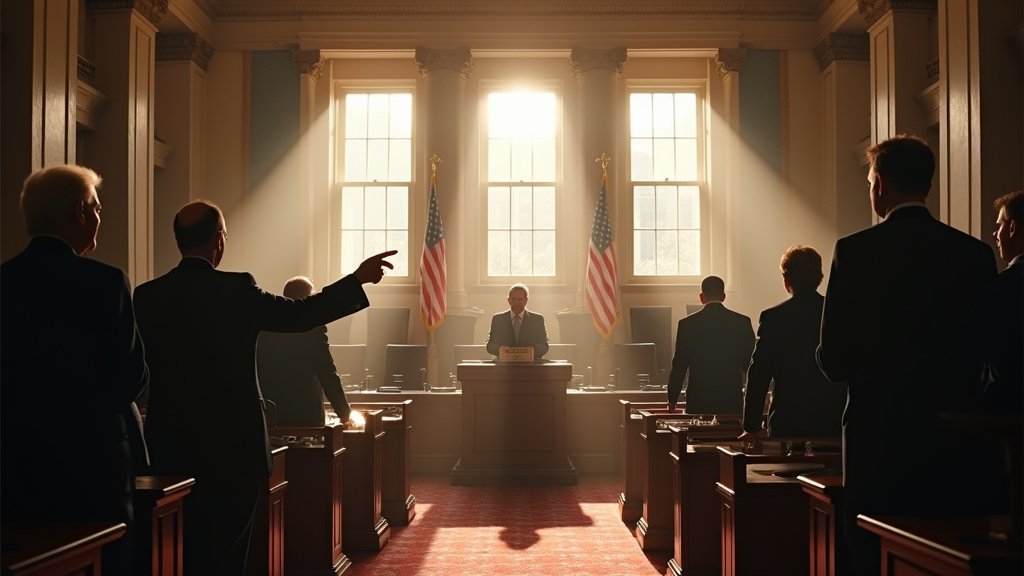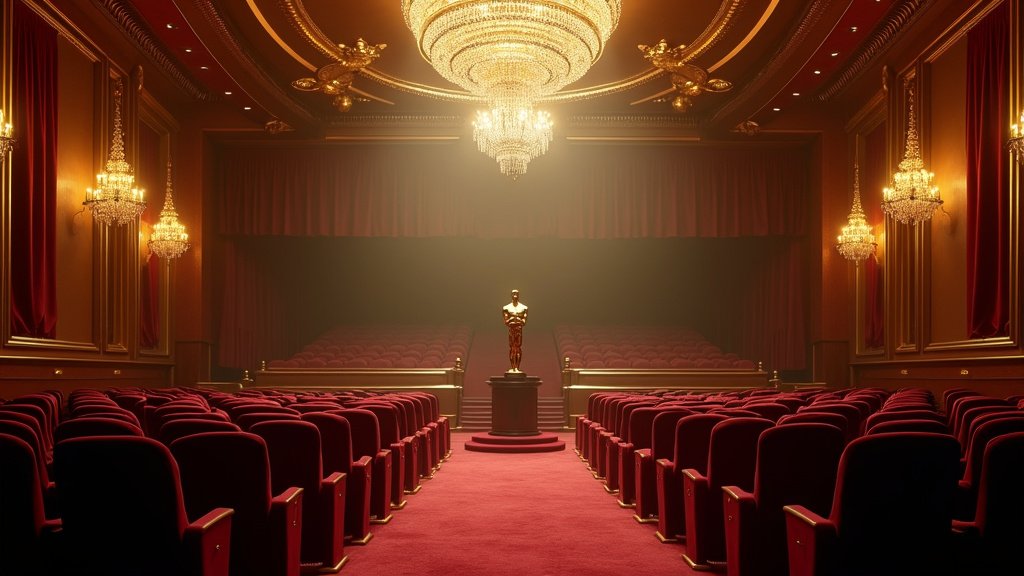MANHATTAN – After seven weeks of intense testimony and legal arguments in a federal courtroom in Manhattan, the jury has commenced deliberations in the criminal trial of music mogul Sean “Diddy” Combs. Combs faces grave charges, including criminal sex trafficking and racketeering under the sweeping Racketeer Influenced and Corrupt Organizations Act (RICO).
The trial, which captivated public attention, centered on allegations that Combs operated a criminal enterprise for two decades. Prosecutors presented a case arguing that Combs used his power and influence to coerce women into abusive sex parties, allegedly employing drugs, specifically cocaine, and career threats. Furthermore, the prosecution contended that Combs silenced victims through methods including blackmail and acts of violence such as kidnapping, arson, and physical beatings.
Prosecution’s Case Laid Out
During closing arguments, Assistant US Attorney Christy Slavik delivered a forceful summation, asserting the government’s core argument. “He’s the leader of a criminal enterprise. He doesn’t take no for an answer,” Slavik told the jury, portraying Combs as the central figure in a long-running scheme to exploit and control women.
The prosecution’s case relied heavily on the testimony of 34 witnesses. These witnesses included ex-girlfriends of Combs and various other individuals whose accounts aimed to corroborate the allegations of a structured pattern of abuse and control. Evidence presented included detailed text message exchanges, which were read aloud in court by a Homeland Security Investigations agent, providing insight into alleged communications between Combs and others related to the alleged enterprise.
The Defense Counter-Arguments
In contrast, the defense team for Mr. Combs sought to paint a different picture of his lifestyle, arguing that while it involved elements of what they termed a “swinger lifestyle” and acknowledged recreational drug use and instances of domestic violence, these behaviors did not constitute the operation of a criminal enterprise as defined by law. The defense worked to challenge the credibility and motives of prosecution witnesses and to frame the events described as consensual or not indicative of a criminal organization.
Trial Proceedings and Witness Accounts
Throughout the seven-week trial in Manhattan, jurors heard graphic and emotional testimony. Witnesses recounted alleged incidents of sexual assault, coercion, and violence extending back years. The prosecution meticulously presented evidence attempting to demonstrate a pattern of conduct that fit the criteria for both sex trafficking and racketeering offenses.
Notably, Sean “Diddy” Combs himself did not testify in his own defense. This is a right afforded to all defendants, and his legal team likely made the strategic decision based on the potential risks involved in cross-examination.
The Deliberation Process and Potential Outcomes
Now, the fate of Sean Combs rests with the jury. Their task is to weigh the evidence presented by both the prosecution and the defense and determine whether the government has proven the charges of criminal sex trafficking and racketeering beyond a reasonable doubt. This process involves careful review of witness testimony, exhibits, and legal instructions provided by the judge.
The deliberation process can be lengthy and complex, particularly in trials involving numerous charges and extensive evidence like this one. If the jury is unable to reach a unanimous consensus on any or all of the counts against Combs, a mistrial could be declared on those specific charges. This would leave open the possibility of a future retrial by the government.
Context and Public Allegations
While the trial focused on the specific criminal charges brought by federal prosecutors, the case unfolded against a backdrop of numerous civil lawsuits and public allegations of sexual misconduct and abuse against Combs. One of the most prominent figures to come forward publicly with allegations is his former girlfriend, Cassie. It is important to note that the Associated Press, the news organization upon whose reporting this summary is based, typically does not name alleged victims of sexual abuse unless they have publicly identified themselves, as Cassie has done.
The jury’s deliberations mark a critical phase in a case that has significant implications for the music industry and the broader cultural landscape, bringing intense scrutiny to the allegations and the legal process determining Combs’ criminal liability under federal law.












